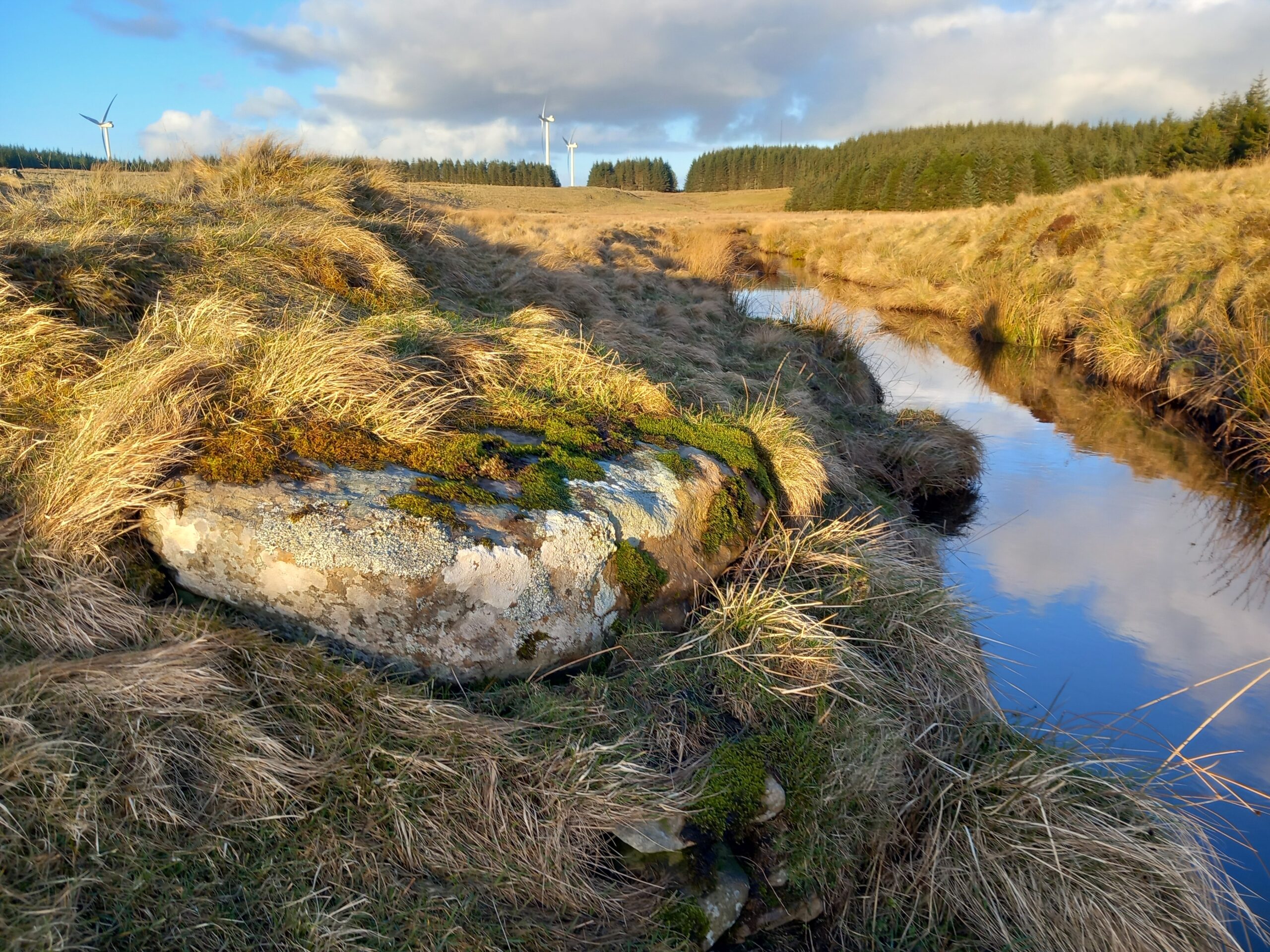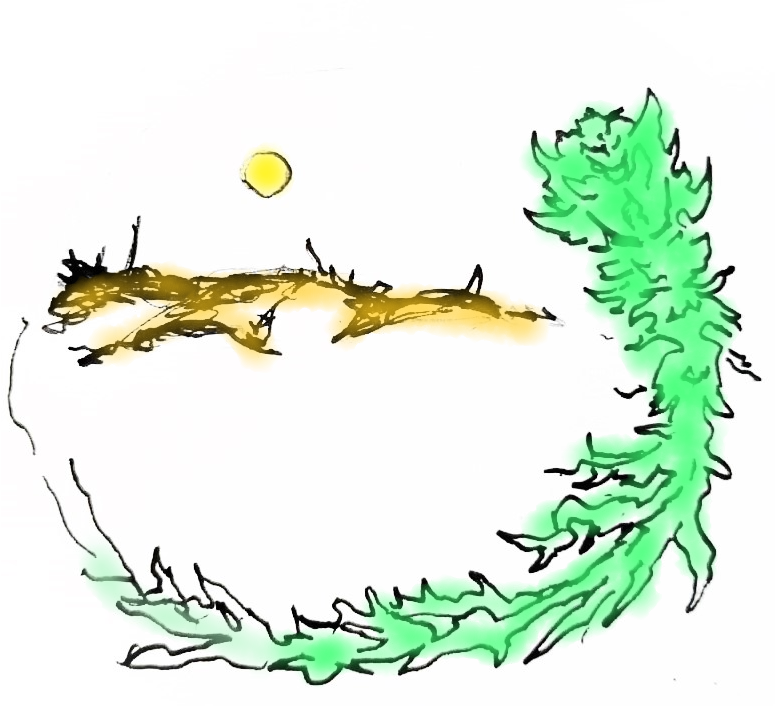Camster
Peatland
Regeneration
C P R
breathing life back into the bog
Peatland Restoration
130 ha completed — another 270 ha to go
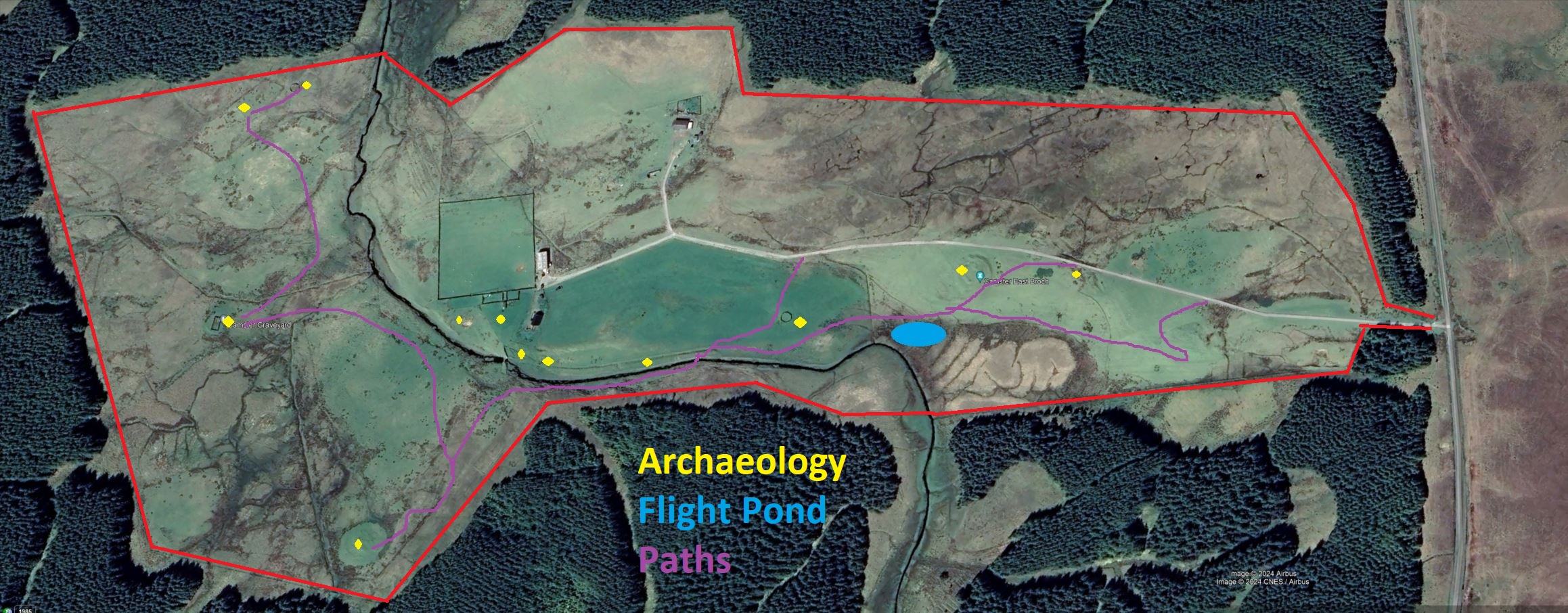
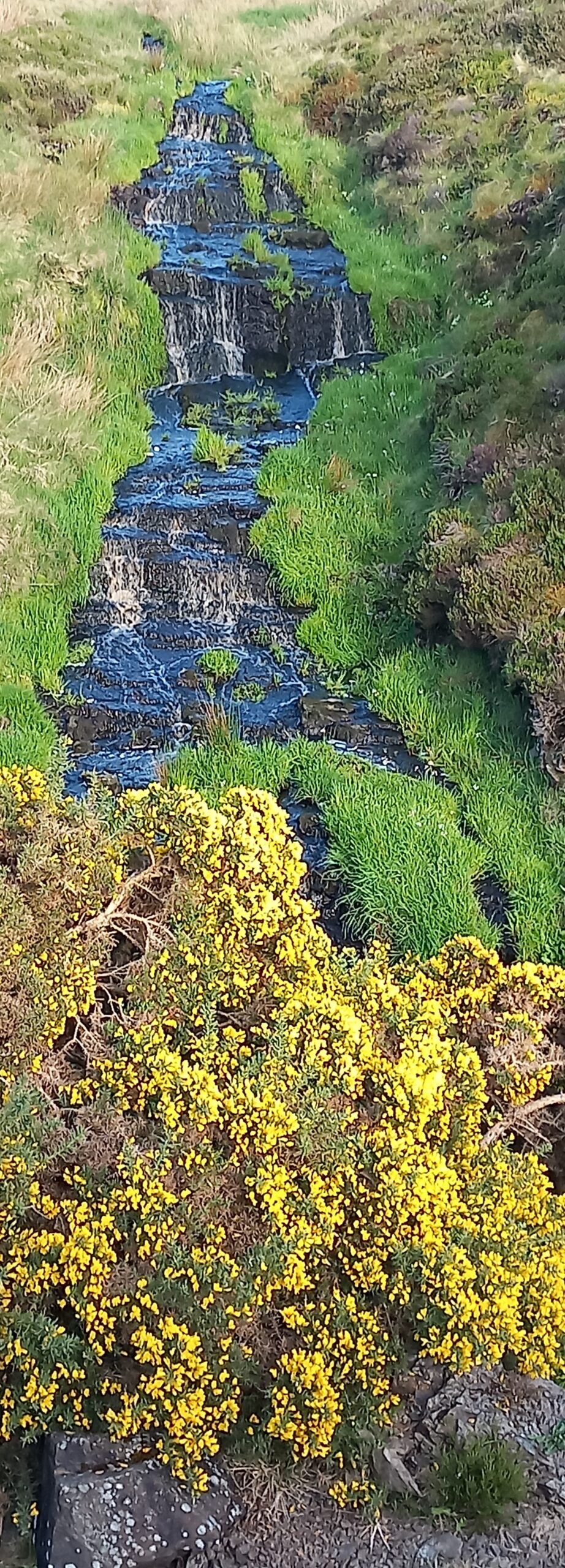
Camster is a 420 hectare blanket bog with an interior oasis of green.
It is part of the Flow Country, listed to become a UNESCO World Heritage Site.
It is remarkably flat; rising just 50m over 4km.
This landscape has been lived in over the millennia by many thousands of people but abused
over the last two centuries by a very few.
200 years ago, Camster was home to over 50 people. History does not record why they left, but only 100 years ago,
Camster was a sporting estate, a playground for the wealthy and the population continued to fall
while sheep reduced the plant diversity.
Once a nourishing and sustaining environment, Camster has been drained, browsed, burnt and
mined to become a net releaser of Carbon. An impoverished biome – not much use to anyone..
Camster has a future which depends on the health and biodiversity of the bog.
Humans have humbled Camster; humans need to restore her glory
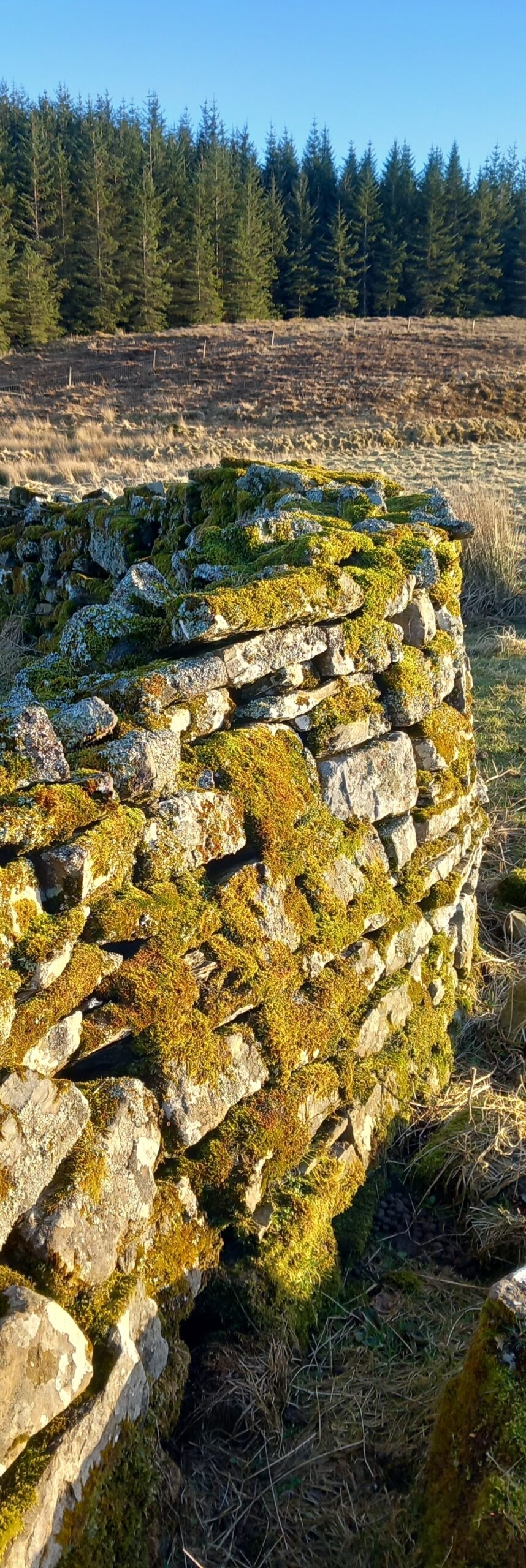
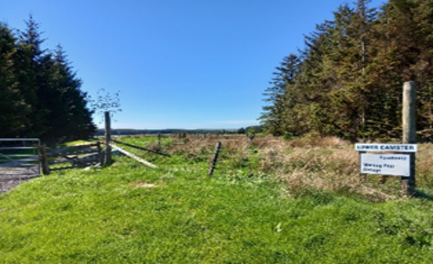
Paths
Paths encourage people to engage with the land and to follow the archaeological trail of 12 sites
Biodiversity
Encouraging the return of absent species – native trees, harriers, water voles, otters, fungi Woodland Deciduous woodland along Camster Burn promoting fish habitat and evoking a neolithic landscape Interpretative panels Opportunity for informatics, history, sponsorship acknowledgement and art Flight pond Encouraging waterfowl—herons, ducks, geese and aquatic invertebrates, amphibians and flora.
All photos:PDarmady.


Overarching Principles
Sustainability
Self-sustaining projects with full accountability
Empathy for the land
To develop a Healthy Compassion for the bog
Accepting change
Stakeholders should feel able to contribute. Change is inevitable.
Carbon
Carbon Release![]()
Carbon Neutrality![]()
Carbon Sequestration![]()
Carbon Drawdown !
For Humans
In addition to local walkers, cyclists, riders and tourists, there are special interest groups:
Artists, Astronomers, Birders, Radio clubs, Writers, and University Departments that study peatland
